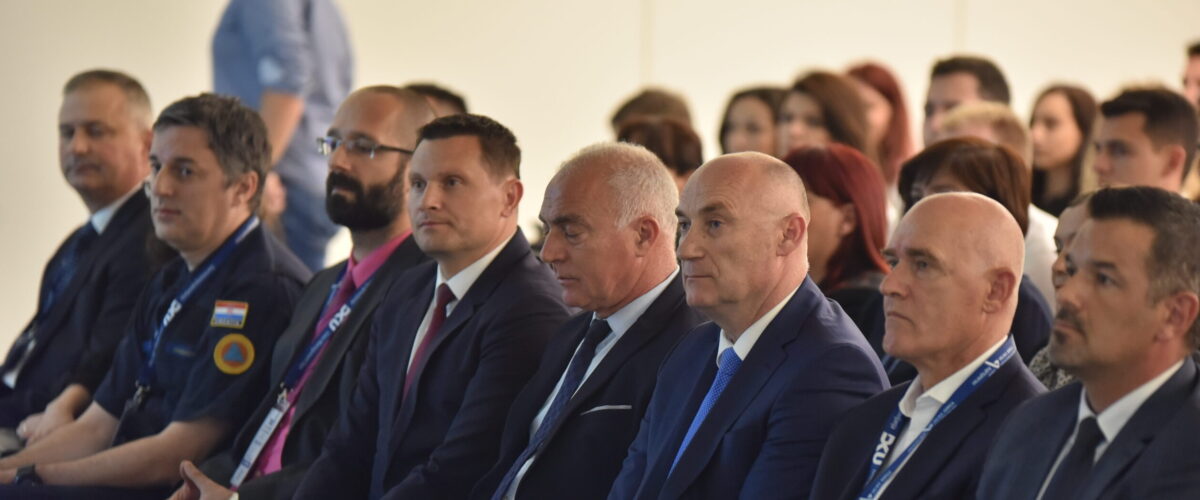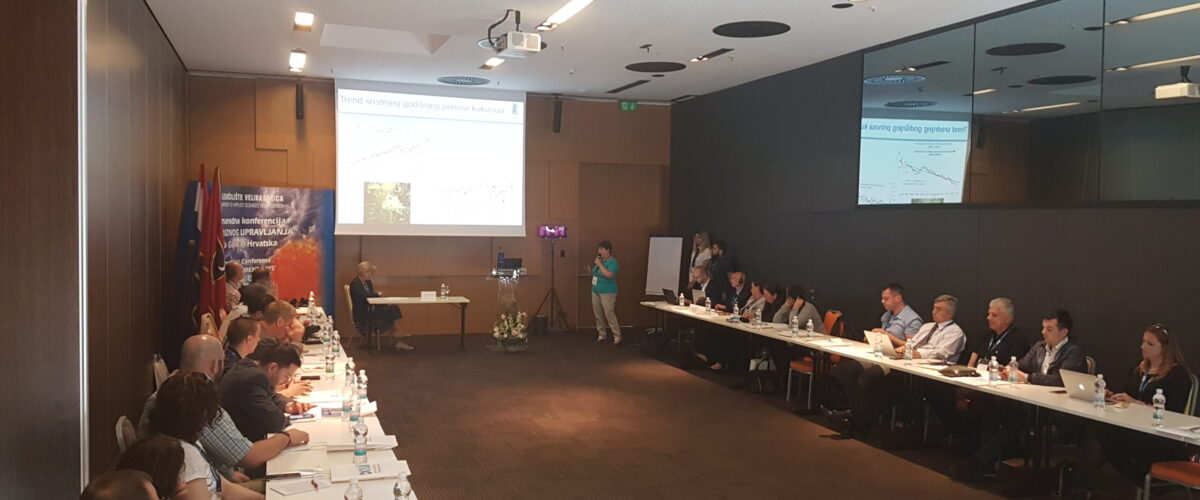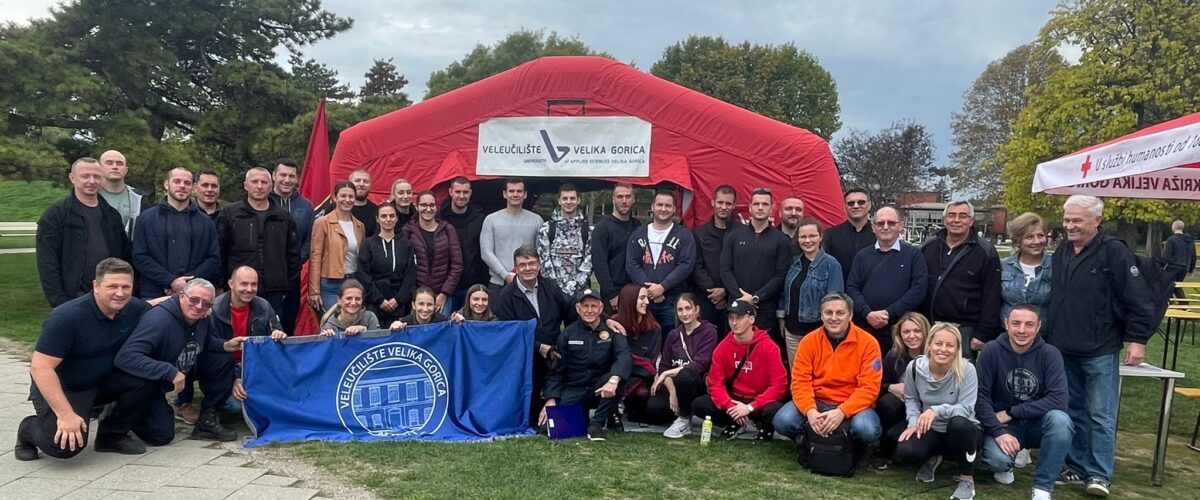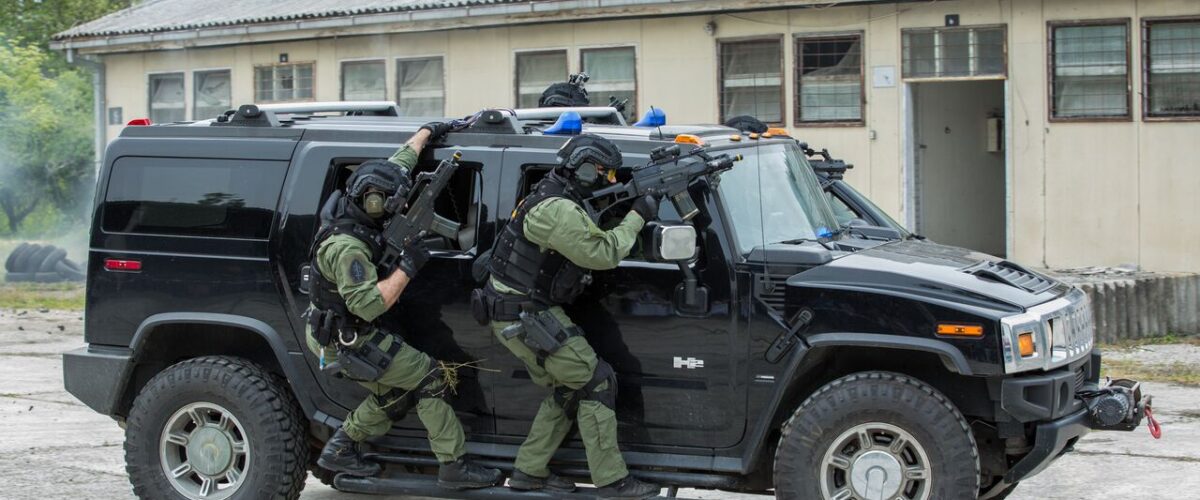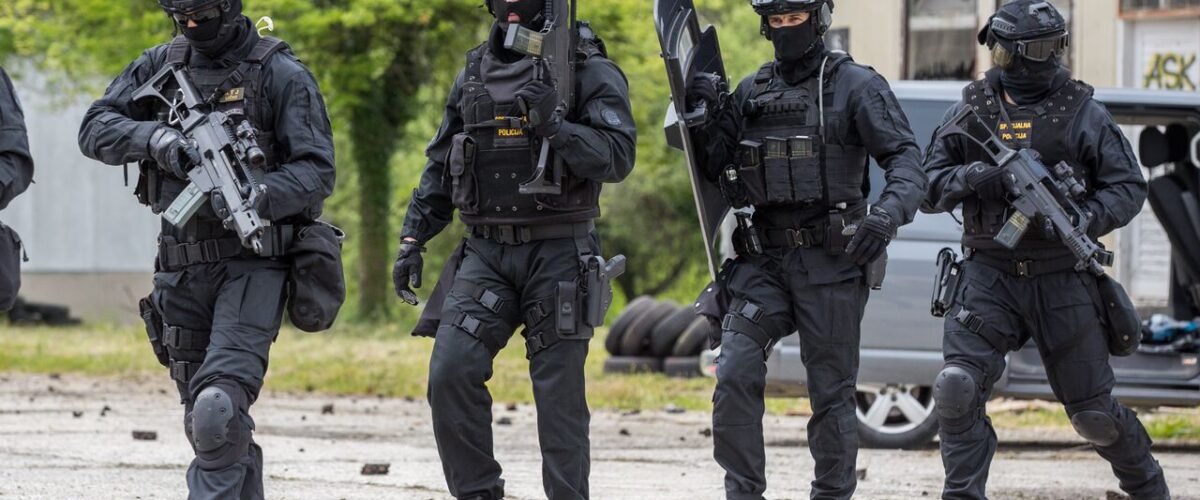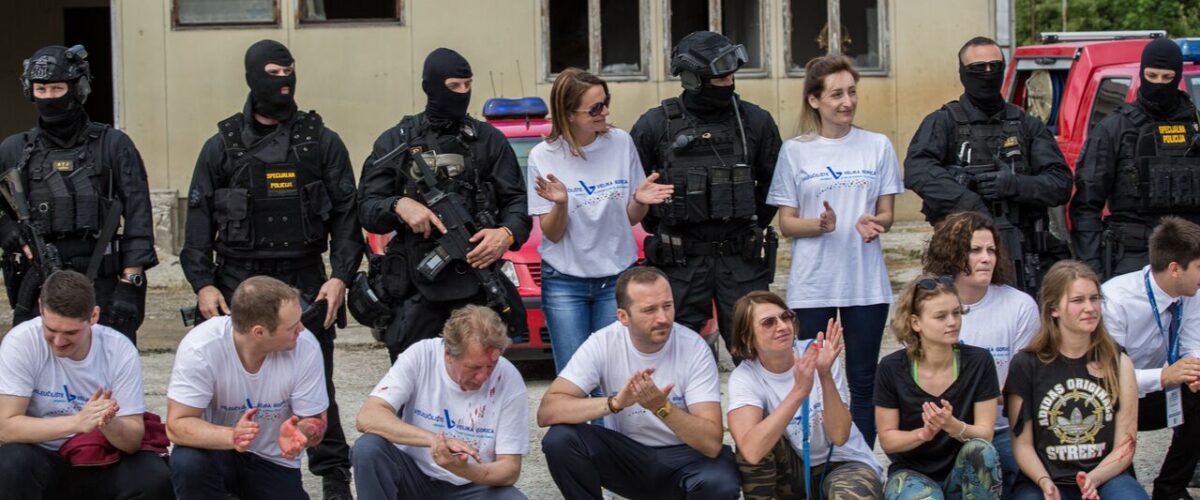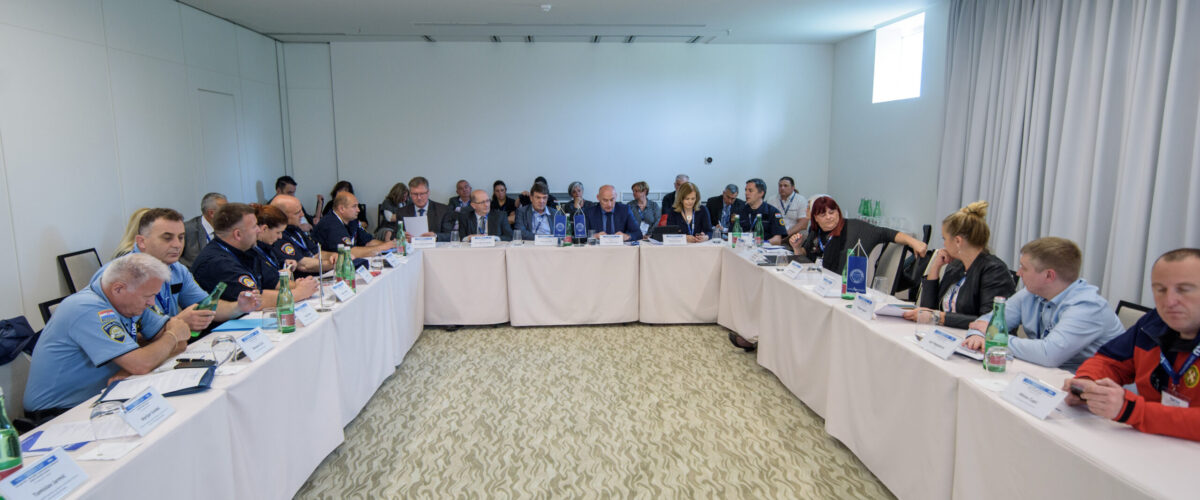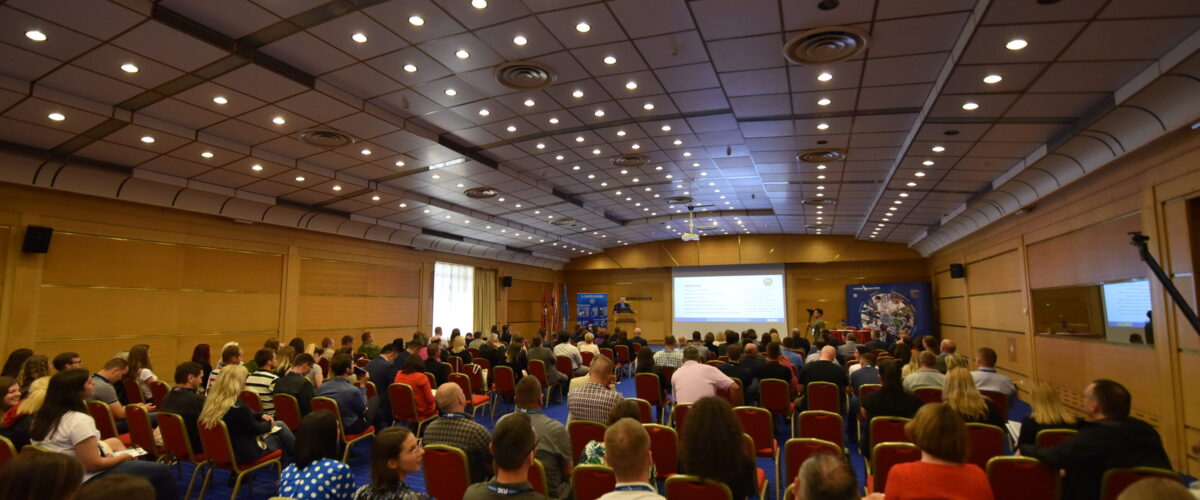Civil protection holds an important place in the national security system for integrated disaster risk management and coordination of participants at all levels of the civil protection system. It is necessary to continuously conduct formal and informal education for the civil protection system, recognize the challenges of managing civil protection in crisis situations, and identify recommendations for improvements. Strengthening crisis management activities in civil protection at the regional level is possible through effective use of resources available through European Union programs. Also, the significant contribution of the engineering community for crisis management should be considered. Activities for protecting and rescuing the population from threats of unexploded ordnance and improvised explosive devices are still necessary. It is necessary to focus on evacuating the population and keep in mind the current status and perspectives of basic shelters.
Fire protection and firefighting are of particular interest to the security and crisis management sector. The Republic of Croatia continuously invests in the field of fire protection and firefighting, which is evident through the development of the Program of activities in the implementation of special fire protection measures of interest to the Republic of Croatia, which since its adoption in March 1994, through many amendments and supplements, considers the multidisciplinarity of this area as well as the new threats. The latest amendments have updated the issue of evacuation of hotels and campsites. Tourism companies and the Croatian National Tourist Board are appearing as new obligors of the program.
Traffic safety in modern road traffic is a problem for most countries because, despite all the active and passive security measures taken and infrastructure improvements, the number of traffic fatalities is still significant. New measures are proposed, especially related to the active use of safety belts during driving. At the same time, it is necessary to strengthen the police forces’ capacity to implement road traffic safety measures in disaster conditions.
A part of air traffic safety is certainly the capacities for operational action in aviation accidents. It is an imperative to ensure a quick and effective response to aviation accidents, which is possible through training and practicing of participants involved in operational action, equipping, and developing standard operating procedures with the aim of improving the safety of passengers and staff and minimizing consequences.
The impact of space weather and monitoring forecasts is very important for air traffic safety because solar activity and galactic radiation affect navigation satellites, high-frequency communication devices, and can increase the dose of radiation received by passengers and staff. Therefore, it is extremely important to continuously monitor space weather and develop new models that track the dynamics of changes in space and issue timely forecasts to be able to take appropriate measures.
The consequences that climate change causes to the environment, economy, and safety of states and their population are mostly negative. Increasing temperatures on the planet Earth, as part of climate change, affects the availability of drinking water resources, the melting of ice at the poles, and the rise of sea levels. Risk management, adapting the economy, improving business security, and reducing vulnerability are just part of the process that needs to be initiated with the aim of mitigating the impact of climate change. Considering the global environmental situation and the ecological threats facing us, hydrogen-powered vehicles may be one of the solutions and are considered as a good replacement for fossil fuel cars. Climate changes affect the work of critical entities, and seasonal natural phenomena now appear as a rule, not an exception. Therefore, it is necessary to analyze the impact of natural phenomena on critical subjects, as well as the “domino effect” on the work of other critical subjects and the community itself, and to think about appropriate preventive and repressive measures.
The dependence of the resilience of critical entities and national security is important because disruptions of critical entities can have serious impacts on vital national interests. Governments also have to deal with the arising crisis situations by introducing new normative frameworks for crisis management and practical operational solutions. Governments must make strategic decisions and interpretations of crises, which are further subjected to analysis which can provide valuable lessons, and lead to improvements and proactive responses to future crises. Also, thoughtful use of stakeholders in the civil protection system and the homeland security system is necessary.
The COVID-19 pandemic has been a catalyst for many changes in all aspects of society and had a significant impact on the functioning of critical entities and national security. The pandemic crisis disrupted logistics chains for procurement of medical equipment, as well as other entities crucial for the vital functioning of the community. It led to a reorganization of energy supplies and supply chains, the effects of which were a reduction in consumption and an increase in basic living costs. The scientific community must offer solutions for the digital transformation of risk management systems and early warning systems from disasters, as well as financial instruments aimed at building and strengthening prevention, readiness, response capacities, and resilience of critical entities. Following these crises, many companies recognized that the hallmark of successful and long-lasting companies is their ability to quickly adapt and respond. This is contributed to by quality staff, and employers increasingly rely on human resource management. In addition, it is necessary to strengthen the resilience of small and medium-sized enterprises to crises and disasters.
Recent and current crisis events have particularly noted changes in human behaviour and changes in work organization and technology. People have shown concern through symptoms of anxiety, which faded as the crisis endured and measures relaxed. People have adopted new consumer habits, at least as far as the computer literate population is concerned. Particularly at the beginning of the crisis, more shopping was done online and in smaller local stores, while shopping in hypermarkets was abandoned. At the same time, the number of employees has decreased, and labour costs have increased, affecting the organization of work. As the COVID-19 crisis waned, the crisis caused by the war in Ukraine was intensely actualized. Empirical data show that the psychological effects of the war are present even in Croatia, as symptoms of anxiety are recorded as a reflection of concerns about the potential spread of war conflicts and the use of nuclear weapons. Such concern dominates even the psychological effects of the previous COVID-19 crisis.
Digital innovations, especially recent advances in the development of artificial intelligence, have caused disruptions in many areas such as education and cyber security. New technologies like large language models should be used and included in educational processes, and teachers should embrace them as valuable tools. Teachers should adapt and move towards new methodologies enabled by advances in the field of artificial intelligence, simulations, and 3D printing technology.
New technologies are also used in fire protection and firefighting, and information systems have been created that enable managing the fire brigade procedures more effectively, especially during firefighting interventions. Such systems must be intuitive and simple to use and be available via network or apps on a smartphone.
Lockdown and other epidemiological measures accelerated the development of remote work, and telemedicine developed as a relatively known, but so far neglected form of work. As such, it has numerous advantages (providing fast service, reducing costs, etc.), but also obvious shortcomings since it does not enable precise diagnostics. Nevertheless, some aspects of telemedical work can be efficiently implemented even after the crisis.
The need for security in a cyber environment is constantly growing. The problem should be addressed at all levels using automated procedures and Internet of Things solutions for real-time protection of networks and infrastructure, as well as designing and digitalizing data security management procedures. Education of future cyber security experts should include ethical hacking lessons that will enable them to counter such threats in the real world.
Even though amid today’s crises terrorism has somewhat been pushed out of the headlines, Bosnia and Herzegovina is still at the very top in Europe countries in terms of the number of members recruited by terrorist organizations in Syria and Iraq. Social networks facilitate transmission of messages and the spread of radicalization and terrorist ideas. It is necessary to design communication strategies and plans as a form of a successful prevention and fight against terrorism.



